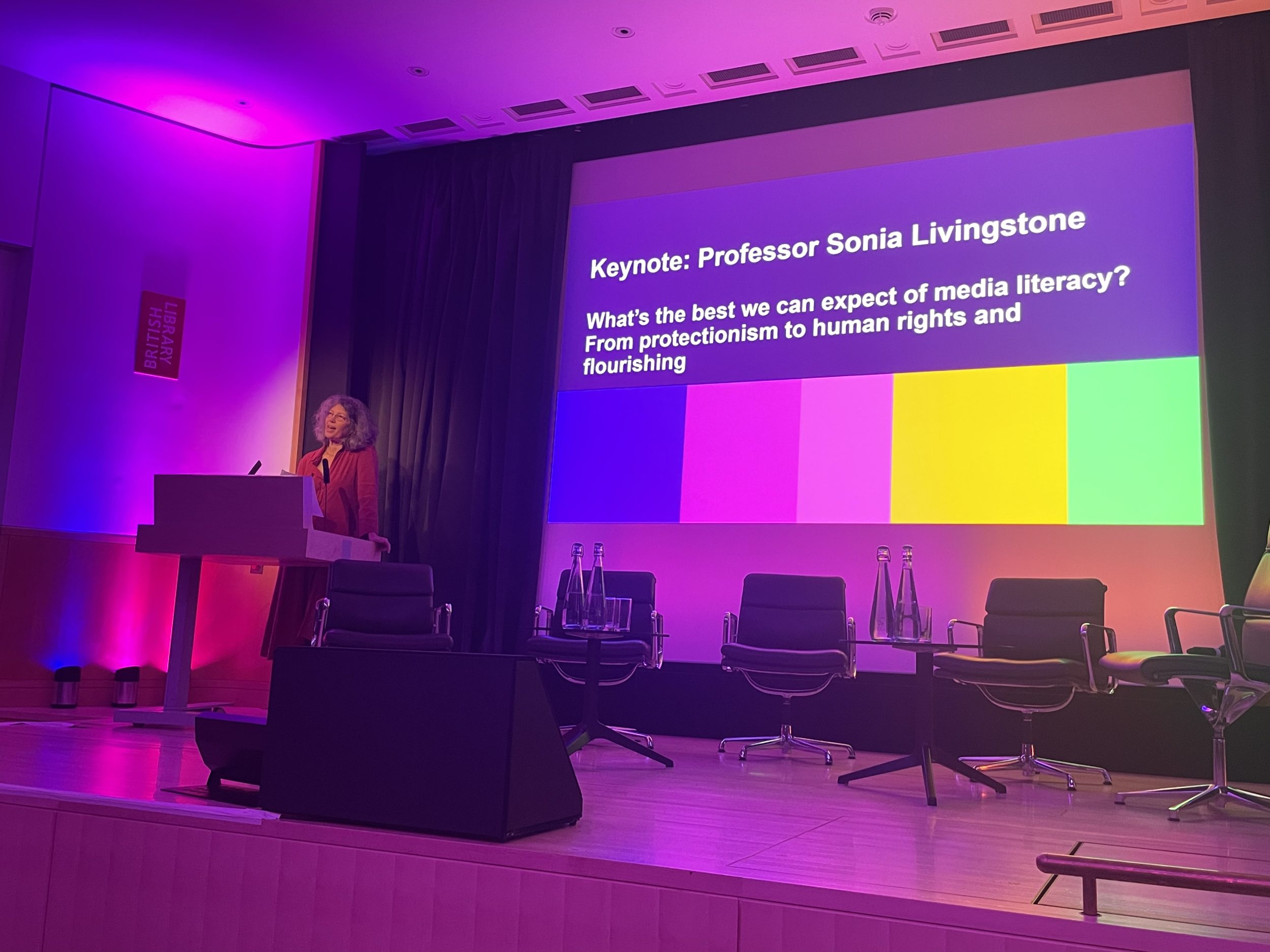 In our latest EU Kids Online Report we demonstrate that across Europe, clear parental guidelines are necessary to protect very young children from the risks of internet use as toddlers and pre-school aged children gain greater access to tablets and smartphones..
In our latest EU Kids Online Report we demonstrate that across Europe, clear parental guidelines are necessary to protect very young children from the risks of internet use as toddlers and pre-school aged children gain greater access to tablets and smartphones..
This warning comes with recommendations for a number of measures to ensure children under eight years of age can use the internet safely. These include the development of internet safety education packages for parents, carers and childcare centres, and the integration of default privacy protections on smartphones, tablets and other mobile devices.
“Zero to eight – Young children and their internet use” reviews a range of recent studies showing that children across Europe are going online at a younger and younger age, and argues that their lack of technical, critical and social skills may pose a greater risk than for older children.
One of the main concerns relates to parents posting pictures and videos of their children online, and the potential effect these postings may have on their children’s digital footprint. Parent should be made more aware of the risks to and the rights of their children, as the use of smartphone and tablets makes posting and sharing photos of children easier and more common.
It is not uncommon for parents to allow very young children to use smartphones and tablets to play games, watch videos and the range of apps aimed specifically at younger children is growing rapidly. It has not been established that children under nine years of age have the capacity to engage with the internet in a safe and beneficial manner in all circumstances. This is particularly the case when young children are accessing social sites intended for teenagers and adults, such as Facebook and YouTube; but, greater transparency regarding how data are collected, collated, used and shared via children’s apps specifically aimed at the younger age group, and the provision of opt-out choices for parents and children is also urgently needed
As more and more very young children have increased access to the internet through smartphones and tablet, it is time for a thorough review of user consent policies and consideration of the responsibilities of online service providers to remove risky information inadvertently posted by children and/or their parents or collected on children’s usage through apps and services aimed at the very young.
Sonia Livingstone will be speaking about the findings of this report on Friday 30 August on the ITN News at 1:30. This article gives the views of the author, and does not represent the position of the LSE Media Policy Project blog, nor of the London School of Economics.





